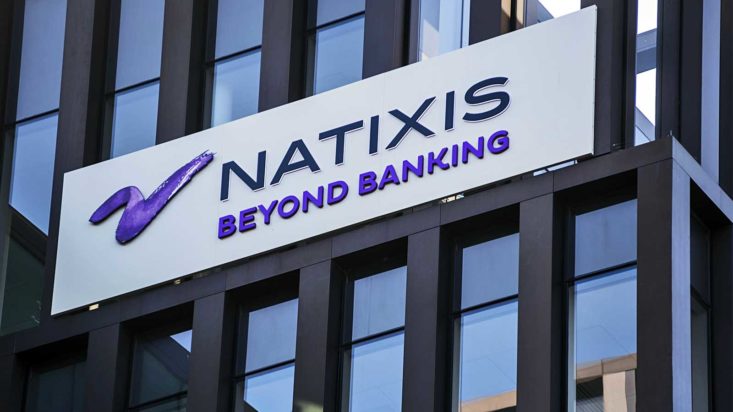Pandemic hindsight reiterates the value of advice
Global asset manager Natixis Investment Managers recently released their latest Global Investor Survey. Undertaken with the support of CoreData Research, the ‘pulse check’ of global markets surveyed some 8,550 individual investors from around the world, 400 of which were located in Australia.
Titled ‘The next normal’ the report asks the important question of whether investors are truly prepared for post-COVID markets. The author highlights a growing disconnect between the return expectations and concerns of investors in what is a much more variable market than at any point in history.
One of the most interesting and widely covered takeaways from the report was the expanding ‘expectations gap’ of investment returns. This gap measures the difference between the long-term return expectations of investors and a similar survey of financial professionals.
According to Natixis, in 2021 this expectations gap continued to rise reaching 174%, with the average global investor hoping to deliver a return of 14.5% but the average adviser far more conservative, predicting 5.3%. It was a little less pronounced in Australia, with advisers expecting 6% and investors 14.4%.
On first view, these returns seem unrealistic and excessive, particular for long-term expectations given even the average for equity markets is around 10% per annum yet given returns in 2020 were 12.5% perhaps this is more in line with expectations. It may well be an ‘apples with apples’ approach with financial professionals applying long-term averages and investors more cognizant of current market conditions.
It was therefore unexpected that with such high expectations, both volatility and a slow economic recovery were highlighted as the risks that most concerned investors, at 39% and 40% respectively. Tax increases were seen as a looming risk, particularly in the US.
One of the most powerful parts of the report is the section highlighted the key lessons investors had learned over the previous 12 months with the benefit of hindsight. Close to 30% of respondents suggested that ‘avoiding emotional investment decisions’ was their biggest priority. Similarly, ‘understanding the risk in my portfolio’ and ‘rebalancing my portfolio’ received around a quarter of the responses each.
These ‘lessons’ reiterate the important role that a skilled financial adviser can play during periods of stress. The ability to be objective, afforded by managing someone else’s capital, supports the making of less emotional decisions. On the topic of rebalancing, those advisers with consistent and disciplined client and portfolio review processes were able to harness the swift market and economic recovery whilst many experts were still predicting doom.
Finally, and probably the most useful, is in the advisers role, and fiduciary obligation, to know what they are investing to clients. In an era of extraordinarily low interest rates, investors have been forced to take on additional risk in the search for returns, but are not always equipped with the tools to undertake due diligence on their appropriateness; a role that is among the key tasks of investment-focused advisers.











